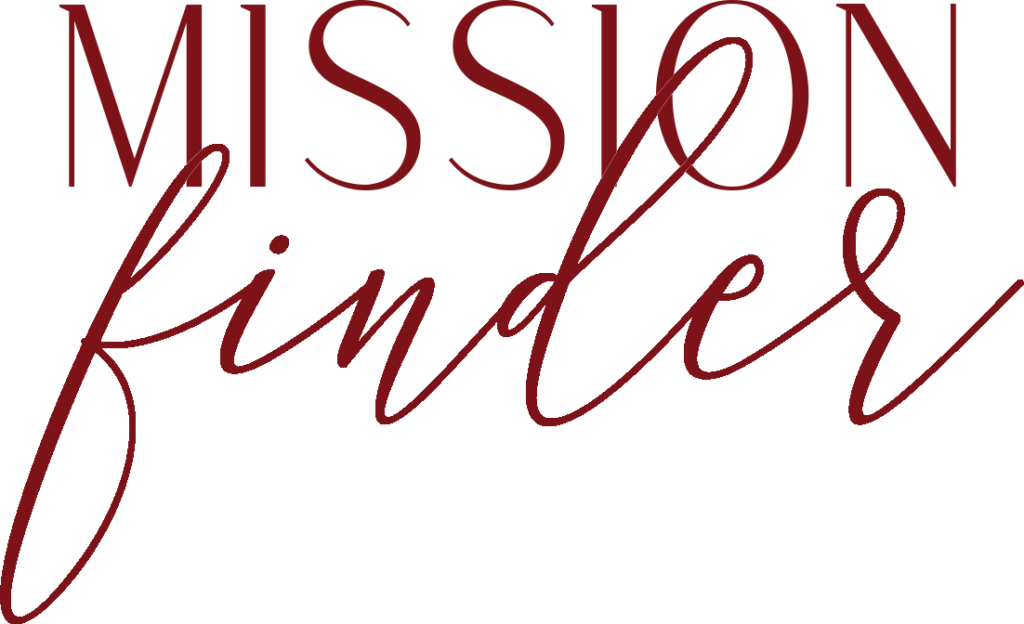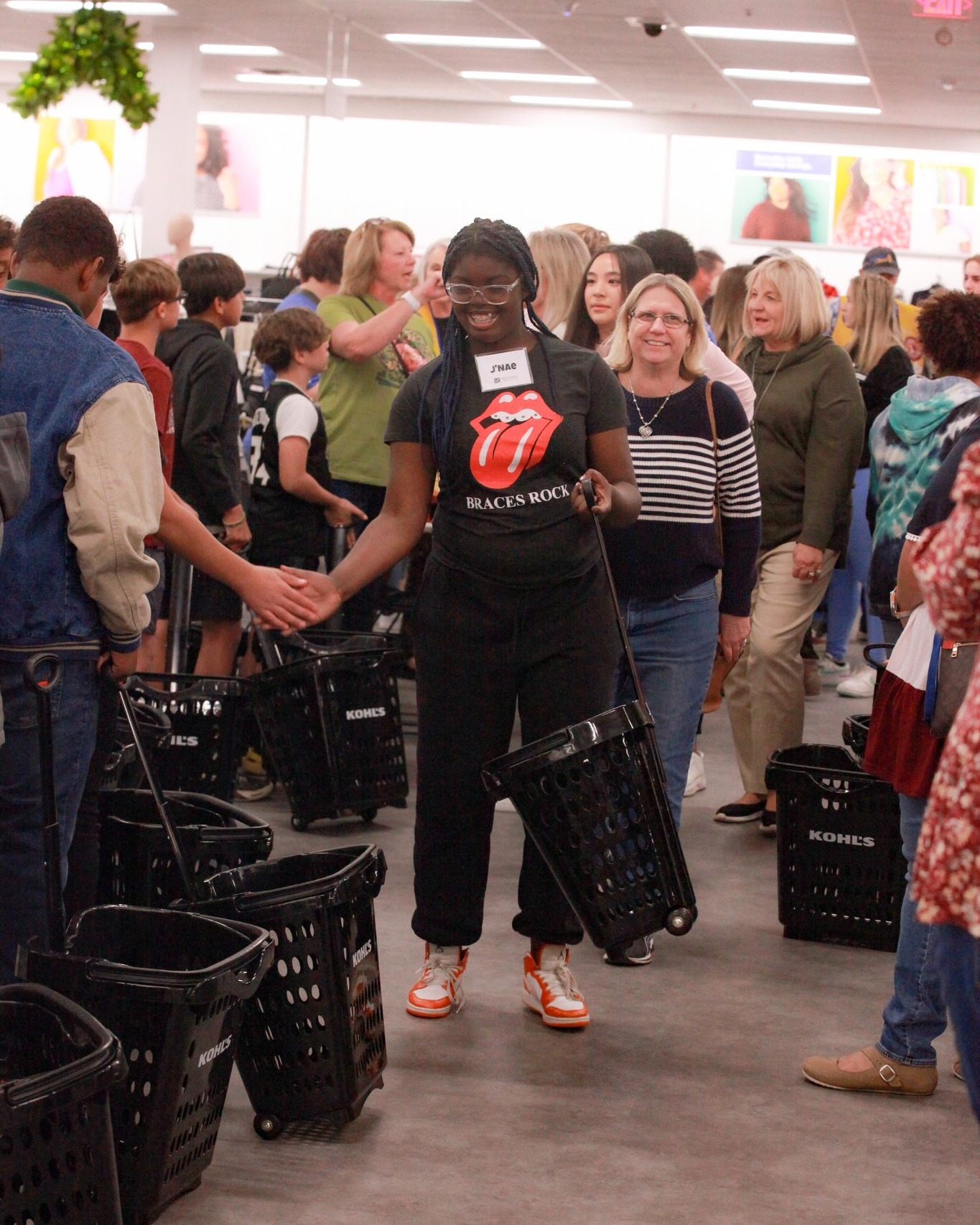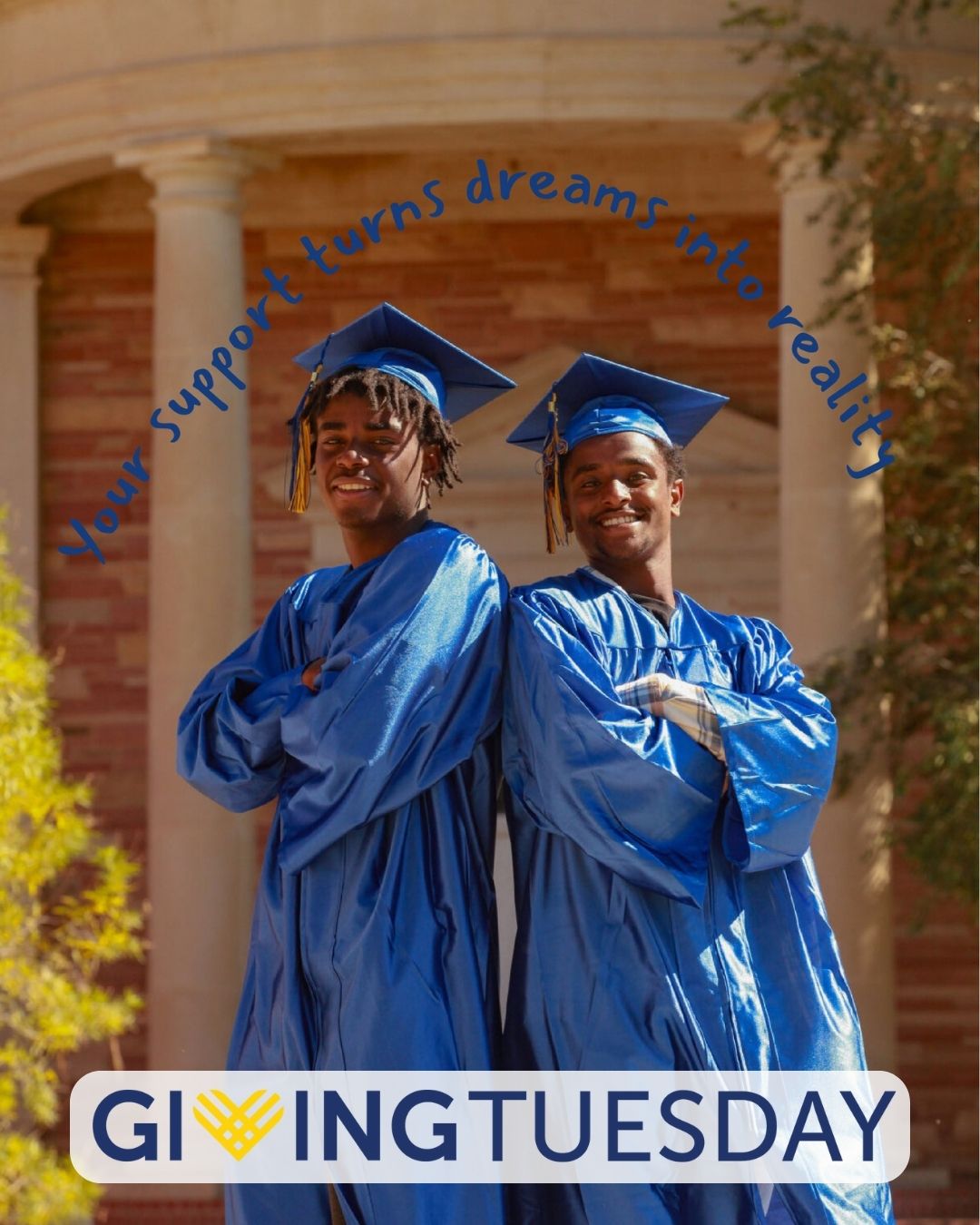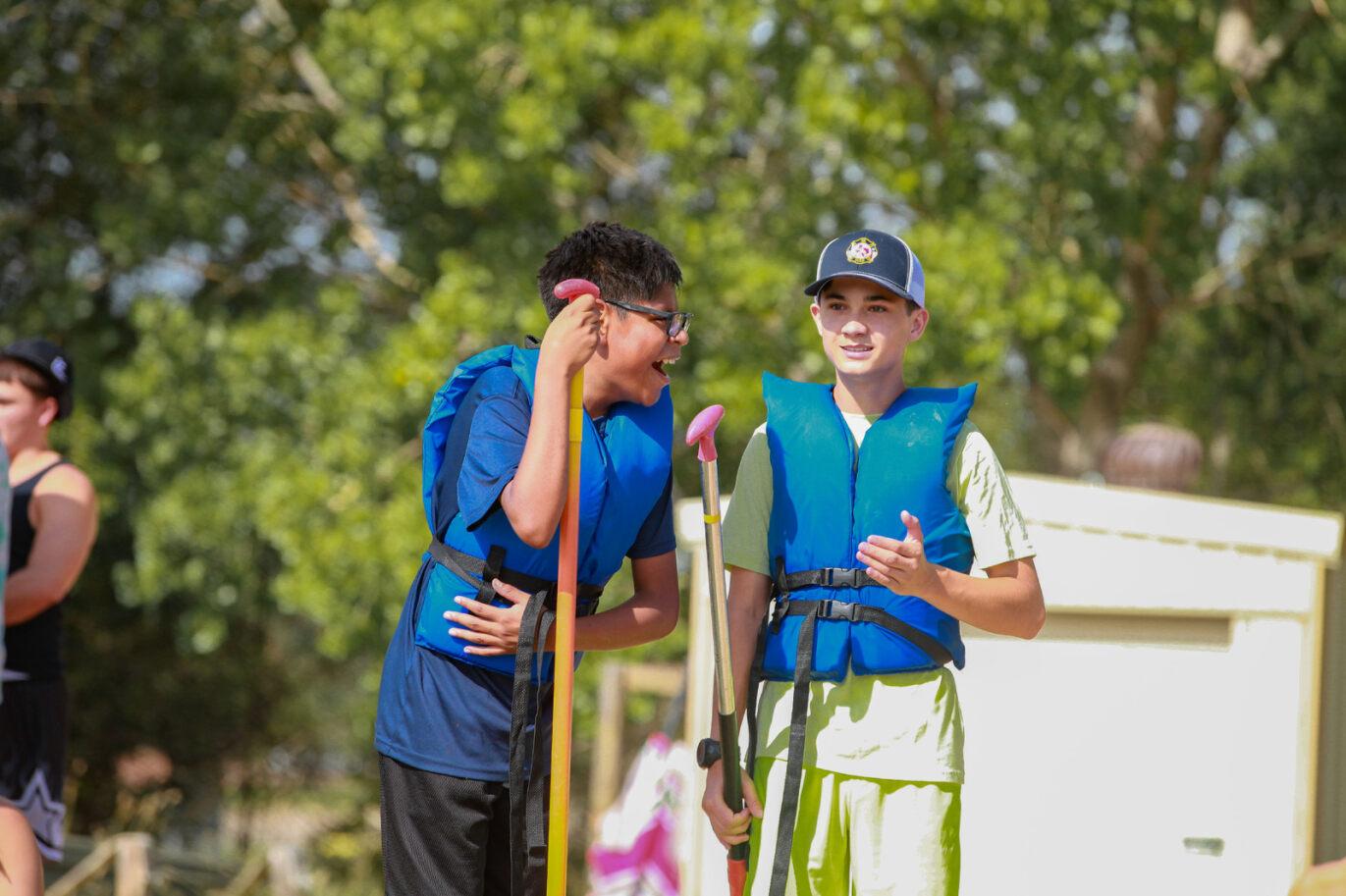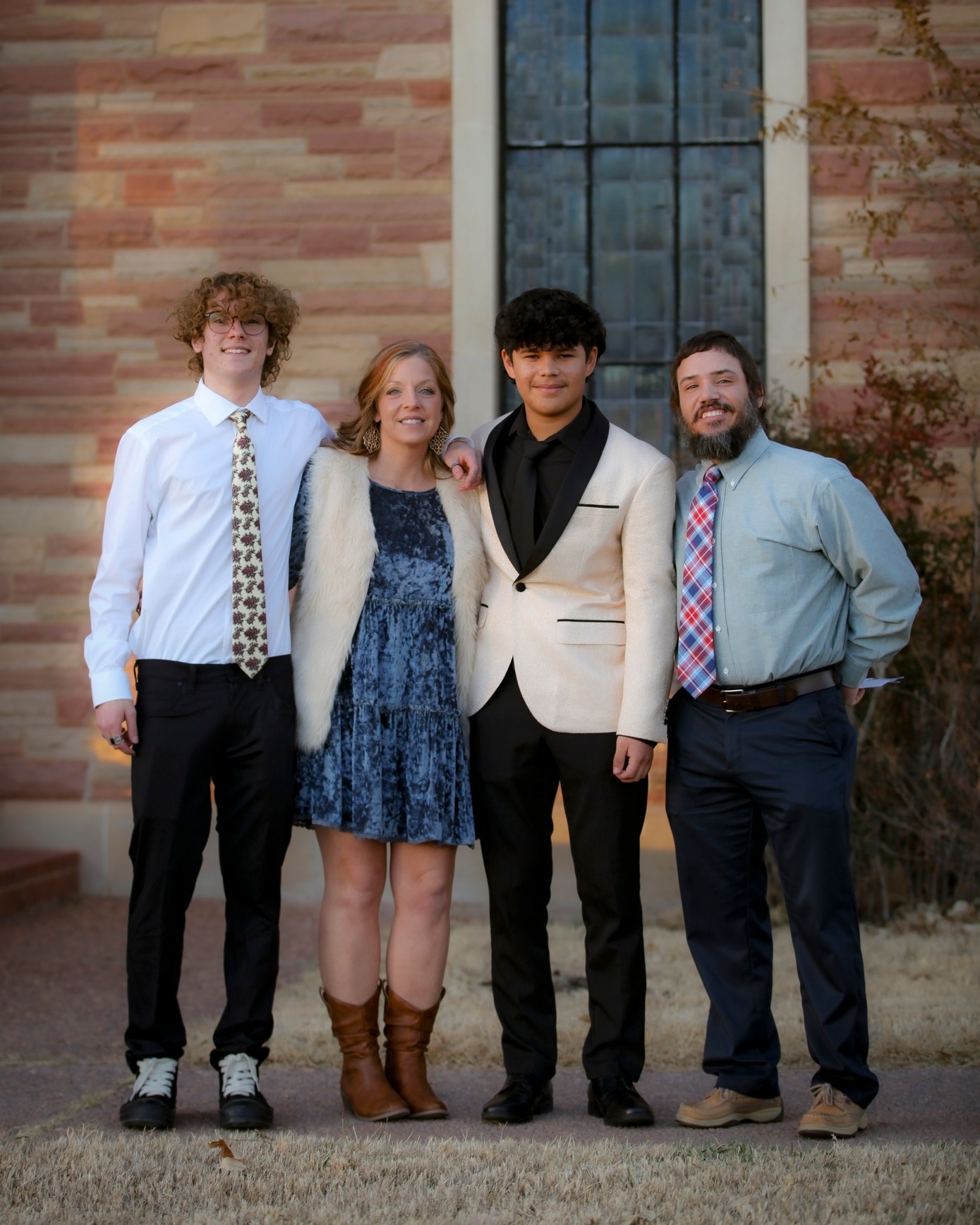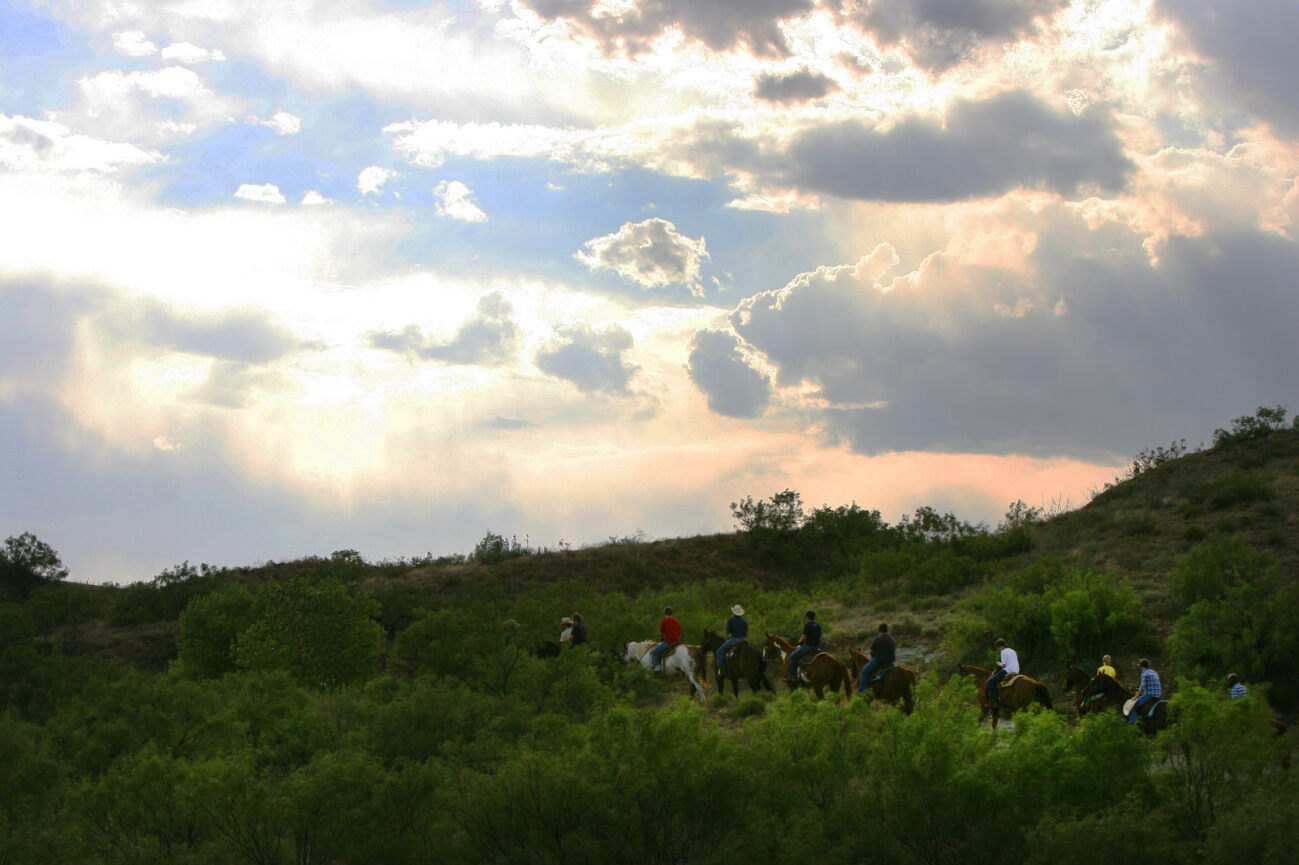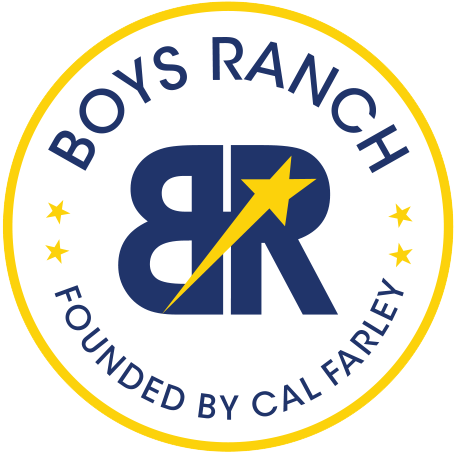What We Do
Throughout the years, our programs have expanded and changed to remain ever relevant to the needs of the times, holding true to the values set over many decades ago. And, still, our goal remains to prepare and empower children to become responsible citizens.
Today, Cal Farley’s is comprised of eight main program areas: Boys Ranch, our Independent Living Program, Transitional Aftercare, Family Preservation, Family Engagement, Alumni Case Management, and Community Counseling.
Boys Ranch. Cal Farley’s offers a residential community open to children ages 5 to 18. Each year, we welcome new residents from across the nation. The average length of stay at Boys Ranch is about two years before children are fully reunited with their families. While they reside at Boys Ranch, children receive evidence-based, professional therapeutic services and work toward highly individualized goals.
Our primary goal at Boys Ranch is to provide every child a safe environment where they can build meaningful, trusting relationships with their peers and responsible adults. House Parents, Case Workers, Experiential Learning Mentors, and other adult role models guide our youth to develop their potential and become principled, contributing members of society.
Children attend one of three on-campus schools (Elementary, Middle, and High School) and live in group homes with supportive House Parents. We are proud to offer a variety of academic, vocational, spiritual, and extra-curricular activities to help our children become responsible, confident, resilient young adults.
In addition to the services offered at Boys Ranch, we extend services to our community at large. Our Community Service Program provides the continuation of care for young adults who might have or have not graduated from Boys Ranch and are entering the next stage in life: determining how to live their new, independent lives. Community Service Programs offered include Independent Living Program, Transitional Aftercare, Family Preservation, Family Engagement, Alumni Case Management, and Community Counseling.
Independent Living Program. The Alumni Support Center provides a place to live for up to 25 Cal Farley’s alumni who need temporary housing assistance during their transition to adult life. It features 11 apartments, a common area for meetings or training, and laundry facilities. Life Coaches maintain accountability and offer help with basic living skills. Cal Farley’s alumni team also can help residents develop vocational skills with job placement through mentoring partnerships with local entrepreneurs. We also have 3 offsite homes in the Amarillo community that have the capacity to serve 18 young people at any given time. Our total independent living capacity is 43 youth.
Transitional Aftercare. This last fiscal year, we opened Transitional Aftercare, a new community program that provides supervision and support to Boys Ranch graduates returning to their communities either in other parts of Texas or various states. Our highly qualified Transitional Case Manager provides at least one year of case management services with weekly contact to ensure that recent graduates successfully transition into educational, vocational, and therapeutic programs in their community.
Alumni Case Management. Alumni Case Management can offer services to alumni at any age or stage of their life without having to reside in one of our Independent Living Programs. Services may include community referrals, employment readiness and maintenance skills, life skills training, budgeting skills, housing assistance, and mental health referrals.
Family Engagement. We operate a Family Engagement program that provides intervention services to children and families experiencing similar issues to those referred to Family Preservation; however, are less severe. Case Managers work with the individuals to assess their needs, develop personalized plans, and connect them with various services for up to 6 months. Our goal is to stabilize a child’s home situation to avoid the possibility of any dependency or delinquency action. Bachelor’s level Case Manager visits families twice monthly in the home, with weekly contact. This fiscal year, we have hired 1 new Case Manager. Caseload ratio is 1:20.
Family Preservation. We operate an evidence-based Family Preservation program that serves children and families experiencing a high-level of family discord, parenting deficits, financial problems, and/or mental health and medical issues. Referrals to both our Family Preservation and Family Engagement programs are received at our toll-free number from youth and families within the greater Amarillo area. Our goal is to provide intensive case management to youth and families to preserve the family unit and keep youth in their homes. Our master’s level Case Managers visit with families 1-3 times a week, depending on need. This fiscal year, we have hired 3 new Case Managers. Caseloads ratios are 1:10.
Community Counseling. This past fiscal year, we began to collaborate with Saint Francis Ministries to provide Community Counseling to external referrals. Services provided include individual therapy either in-person or via telehealth and clinical consultations with families, using Dr. Bruce Perry’s Neurosequential Model of Therapeutics. This model is a neuroscience-informed, developmentally sensitive approach to clinical problem solving. Recommendations are produced by completing an assessment, giving the clinician and family a “roadmap” to improve the child’s functioning (more about this in Treatment Philosophy).
With our expansive continuum of care, we aim to provide preventative, therapeutic interventions at every stage of a child’s life, designed to offer the critical mental health and education support as well as community resources needed to successfully navigate life.
